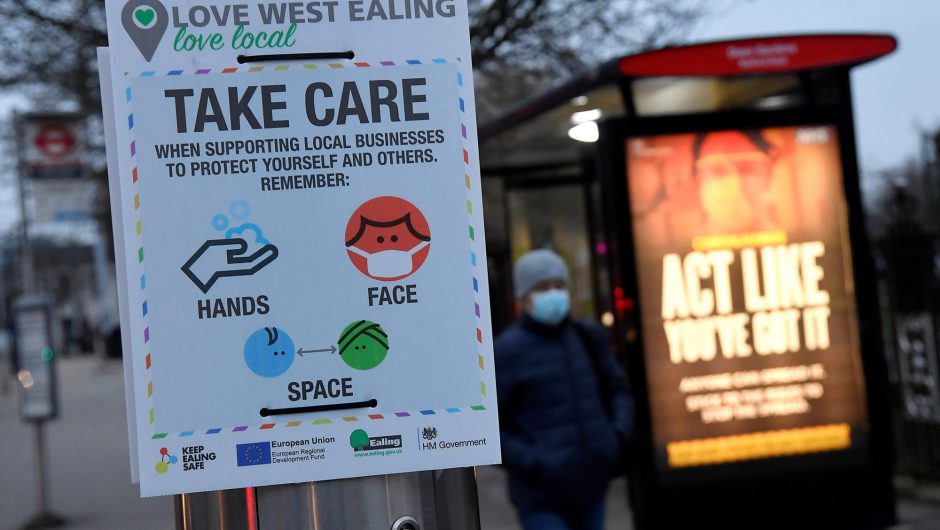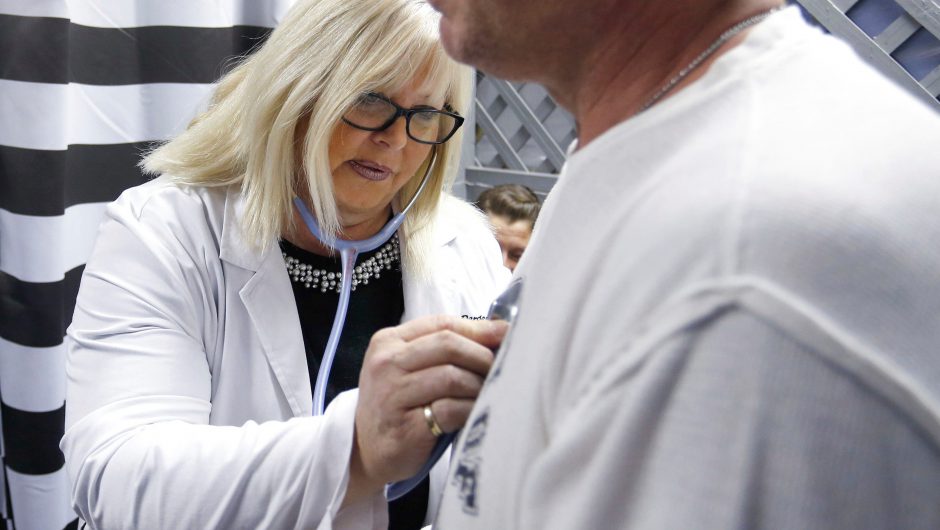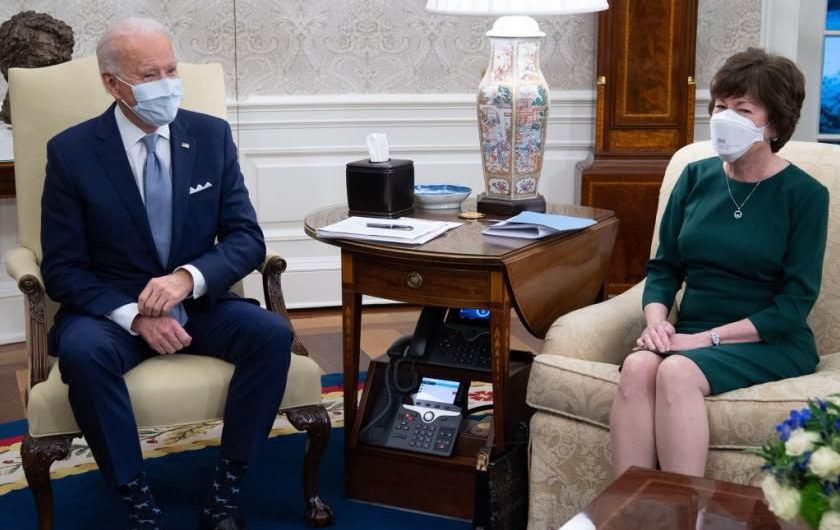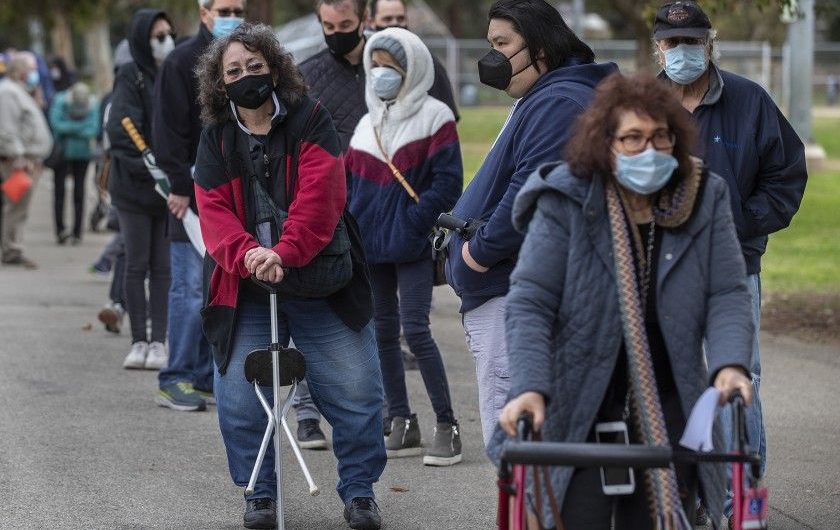[ad_1]
CHAPEL HILL, N.C. — First they came to campus, ready to begin classes after the University of North Carolina said the coronavirus would not stop in-person learning here.
Then, after just one week, the virus took hold. And regular classes were halted, leaving students to face yet another state of confusion caused by COVID-19.
It’s part of the latest national problem caused by the virus. College campuses around the U.S. are scrambling to deal with coronavirus clusters linked in some cases to student housing, off-campus parties and packed bars.
Students at Chapel Hill, the majority wearing masks when possible, jogged, ate dinner with friends and planned their next steps on Monday evening. That’s where things got confusing. The announcement earlier in the day had an air of inevitability, multiple students told USA TODAY.
For freshman Eliza Hart, 18, Monday’s news was the latest in coronavirus-related disappointments in 2020. She and the women sharing the on-campus suite she lives in will leave UNC’s campus this week.
“I feel like this whole year, that’s kind of the word you can use to describe most of the things that were supposed to happen,” she said. “I was a senior earlier this year. With graduations being canceled and proms being canceled, I think ‘disappointment’ is just the word of the year.”
Other students living on campus said they are unsure about what to do next.
The University of North Carolina at Chapel Hill is moving to online classes just one week after reopening in-person.
“They tried their best to do the necessary precautions, but, at the end of the day, when you have thousands of students all together, there’s only so much you can do,” Gigi Cloney, a 20-year-old public policy student, said. “I think it was already known and they chose to operate knowing this would happen.
She added: “They had quarantines ready because they knew people were going to get sick. That kind of speaks for itself. They literally had quarantine dorms ready and they’ve already filled up in a matter of a week. It’s been really telling.”
Chapel Hill on Monday became the first major university to pivot to online classes after reopening in person. The reversal took one week.
Story continues
Since the university started courses in person Aug. 10, it has reported at least four clusters of outbreaks of COVID-19 in student living spaces. Undergraduate courses will go remote Wednesday, and the university said it will reduce the density in its dorms.
Kacie Barrett, who signed a lease to live in an off-campus townhouse with friends, said moving classes online adds another layer of stress.
Back to school? Despite CDC recommendations, most major schools going online as COVID-19 cases spike
“You don’t really plan for your room to be a library,” the 20-year-old business administration and economics student said. “You’re supposed to perform the same way you were before. For me, I don’t have a desk. It’s been really hard to find somewhere to study. It’s been a lot — I expected most of my classes to be in-person.”
The anger Cloney expressed was echoed by other students. Some weren’t happy about the timing of UNC’s decisions. Others felt like they were getting more information from social media than from the school’s administration.
Will Poteet, an 18-year-old music student living on campus, said it’s a good idea that classes have been moved online. He said he received an email from a professor teaching a philosophy course offering a mix of in-person and online learning – one of his classmates had tested positive for the coronavirus.
“Getting all the alerts about how there are hotspots all over and how there are clusters or whatever, you get the feeling that it’s just kind of taking over the campus and everybody’s just sitting around waiting for somebody to say something.”
With a laugh, he said, “The email we got today didn’t help at all. It didn’t really clarify anything. I know a lot of people were confused if we’re supposed to leave or not.”
Poteet and a friend he was eating dinner with said they planned to stay on campus “until they’re kicked out.” Others weren’t so sure.
Outbreaks earlier this summer at fraternities in Washington state, California and Mississippi provided a glimpse of the challenges school officials face in keeping the virus from spreading on campuses where young people eat, live, study – and party – in close quarters.
The virus has been blamed for over 170,000 deaths and 5.4 million confirmed infections in the U.S.
In Boone, North Carolina, the faculty senate at Appalachian State University – part of the 17-member UNC system – passed a vote of no-confidence in school chancellor Sheri Everts on Monday, in large part for failing to shut down the campus after a recent COVID-19 outbreak. Professors have “moved from a concern about people’s livelihoods and the institution’s reputation to, now, a concern for people’s lives,” the declaration read.
Meanwhile, officials at another UNC school – East Carolina University – said Monday that they had identified a COVID-19 cluster at a dorm. They didn’t say whether they were considering switching to online classes.
At Oklahoma State in Stillwater, where a widely circulated video over the weekend showed maskless students packed into a nightclub, officials confirmed 23 coronavirus cases at an off-campus sorority house. The university placed the students living there in isolation and prohibited them from leaving.
Lydia Gray, a 21-year-old business administration student at Chapel Hill, said she’s thinking about moving into an off-campus apartment. But she’s weighing options, potentially thinking about going back home. A student with six classes, she’s not looking forward to balancing her life and “staying on Zoom for that amount of time.” She doesn’t know if she can adjust her schedule, she said.
Gray, who was walking with Cloney and another friend by “The Pit” courtyard on campus, said she’s angry and confused, but being on campus and learning in person would have been better for her.
“But, I also want to take accountability,” she said, “because I decided to move down here.”
“I decided to take that chance, but just the way the numbers were going before we moved back, I figured we wouldn’t be here for long.”
This article originally appeared on USA TODAY: UNC-Chapel Hill students are told there are no in-person classes
[ad_2]
Source link







